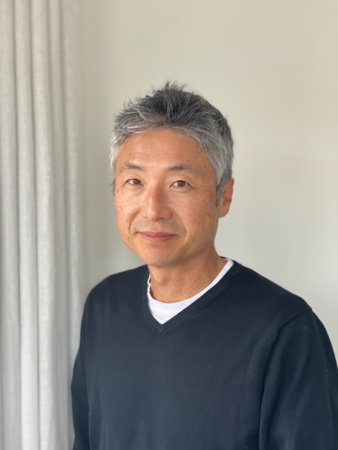“My editor said, ‘Well, at some point you'll just have to write a straight Marxist novel.’”

You have reached your article limit
Sign up for a digital subscription and continue reading all new issues, plus our entire archives, for just $1.50/month.
Already a subscriber? Sign in




